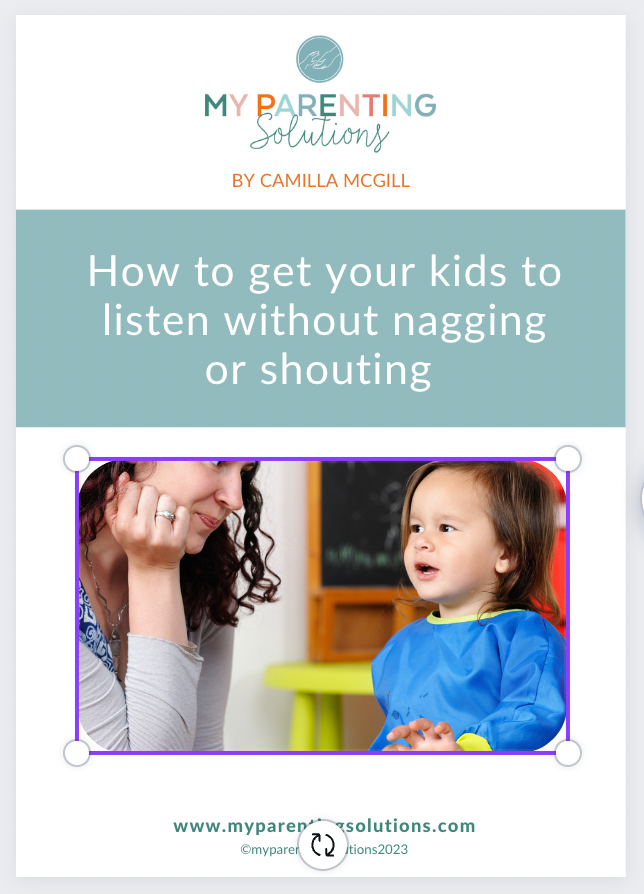Five Reasons to Foster Independence in our Kids
Sep 12, 2023
As parents, it's only natural to want to protect and guide our children at every turn.
“Watch out… be careful… that’s dangerous" we tell them.
However, fostering a sense of independence in kids, even at a young age, is a crucial aspect of their development.
Here are five compelling reasons why encouraging independence is beneficial, followed by 6 effective ways to nurture this vital trait in children.
- **Develops Problem-Solving Skills**
When kids are given the space to explore and navigate challenges on their own, they develop essential problem-solving skills. These early experiences lay the foundation for critical thinking and resourcefulness in later life.
So how does this look? We need to step back and let them figure out how to climb the ladder without jumping in to help them.
We need to let them cut up an apple without intervening when it’s hard.
- **Builds Self-Confidence**
Achieving small tasks by themselves, whether it’s putting on their shoes or completing a puzzle, gives children a confidence boost. This positive reinforcement encourages them to take initiatives and believe in their abilities. We can mention and praise this “You figured it all out by yourself”
“Putting shoes is hard but you persevered and did it all by yourself!
- **Encourages Responsibility**
Children who are encouraged to be independent tend to volunteer for tasks and take more risks. This fosters a sense of responsibility and accountability from an early age, traits that will serve them well throughout their lives. Getting dressed independently or pouring their own milk are good examples of this. You can also encourage them to give you directions on a familiar walk or do small jobs like laying the table.
- **Promotes Emotional Resilience**
Independent kids are more adept at handling frustrations and setbacks, as they learn to adapt and find alternative solutions. This adaptability fosters emotional resilience, helping them to bounce back more quickly from challenges. If they’ve had to work hard at something even as simple as putting butter on their toast (when they’ve got little hands) or carrying heavy groceries that they might drop, we can mention how hard they tried and that they found a solution.
- **Prepares Them for the Future**
As they grow, children will face increasingly complex situations where they need to stand on their own feet. Fostering independence from a young age equips them with the skills and confidence necessary to navigate the world as competent adults. If they ask us a question, always ask first if they have an idea of what the answer is. Don’t jump in to rescue them. If they’re disappointed they didn’t get a present on their siblings birthday, empathise how hard that is instead of buying one to make them feel better.
Below are 6 ways to Foster Independence in Children
- **Provide Opportunities for Choice**
Encourage your child to make choices, such as selecting their clothes or choosing a snack. This simple act fosters decision-making skills and helps them to understand the consequences of their choices.
- **Create a Safe Environment for Exploration**
Ensure that your home environment is safe and child-friendly, allowing your kids to explore and learn without constant supervision. This could include having lower shelves within their reach or setting up a play area where they can create and imagine freely.
- **Encourage Responsibility through Chores**
Introduce age-appropriate chores, such as setting the table or helping to water plants. This not only fosters responsibility but also develops motor and organizational skills.
- **Praise Efforts, Not Just Outcomes**
Celebrate your child’s efforts, irrespective of the outcome. This promotes a growth mindset and encourages them to try new things without the fear of failure.
- **Teach Basic Skills Step by Step**
Break down basic skills into smaller steps and teach them patiently. For instance, you can guide them through the process of tying shoelaces or brushing their teeth, gradually reducing assistance as they become more proficient.
- **Encourage Open Dialogue**
Foster an open dialogue where your child feels comfortable expressing their thoughts and opinions. This nurtures self-expression and helps in developing their voice and perspective. "I'm so interested in what you've got to say". "Tell me more about that" "You found that hard, I really understand. Shall we talk about it?"
In conclusion, fostering independence in children is a delicate balance between guidance and freedom. By allowing them space to grow and learn at their own pace, you are setting the stage for a confident, competent, and resilient adult in the making. Remember, every small step towards independence is a giant leap towards a promising future.
Stay connected with my parenting tips, inspiration and special offers.
Join my mailing list to receive the latest news and updates from me.
Don't worry, your information will not be shared.
We hate SPAM. We will never sell your information, for any reason.


